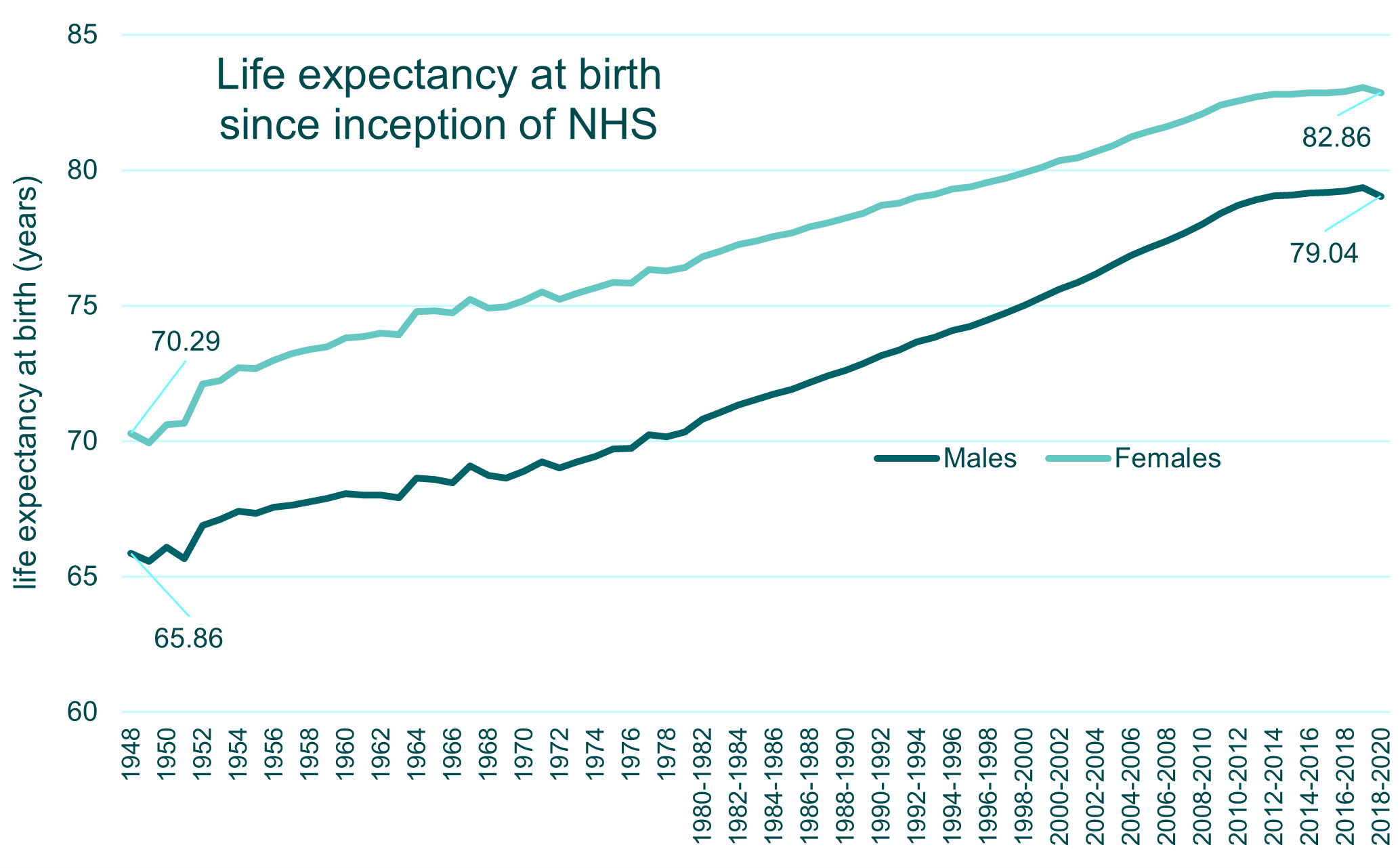Sign up to our newsletter Subscribe
A Spotlight on Haemophilia Therapies

Sign up to our newsletter Subscribe


Members from the team at OHE attended the Health Economists’ Study Group (HESG) Winter 2021 Meeting, hosted online by the Centre for Health Economics in London, LSHTM, from 6th-8th January 2021. The Health Economists’ Study Group Winter 2021 Meeting was…
Members from the team at OHE attended the Health Economists’ Study Group (HESG) Winter 2021 Meeting, hosted online by the Centre for Health Economics in London, LSHTM, from 6th-8th January 2021.
The Health Economists’ Study Group Winter 2021 Meeting was hosted online by the Centre for Health Economics in London, LSHTM, from 6th-8th January 2021.
This year the OHE discussed and chaired lively and thought-provoking discussions on various topics as outlined below:
On Wednesday 6th January, Chris Sampson lead a discussion on ‘The FLIGHT trial. Whose decision matters and what matters most? Comparing QALYs, capabilities and platelets’ by Dr Katie Breheny (University of Bristol) which was chaired by Prof Katherine Payne (University of Manchester).
Chris explained the paper was “on the challenge of economic evaluation when outcomes diverge: what if one outcome favours the intervention while another favours the control?” His presentation focused on “the theoretically challenging aspects of the paper with regard to quality-adjusted life years, capabilities, and clinical indicators.” The session included a lively conversation about best practice in within-trial economic evaluations and how researchers should identify the most important outcomes for patients, the NHS, and other stakeholders.
On the same day, Mireia Jofre-Bonet chaired the session ‘Validating the use of estimated intervention effects on psychological variables to predict BMI and the cost-effectiveness of a behavioural weight management intervention’ by Sarah Bates (University of Sheffield) et al. The discussion was by lead by Dr Ka Keat (King’s College London).
Mireia described the discussion as “very thorough and constructive.” Participants, author and discussant reflected on how the effect of interventions on conditions such as obesity depend on habit changing. Thus, understanding what affects the habits (mediator) in the medium and long run, and how these affect the final outcome (weight loss) will help design successful interventions. The participants also discussed the importance of understanding the quality of life of those affected by obesity.
On Thursday 7th January, Bernarda Zamora lead the discussion on ‘Task shifting inguinal hernia repair between surgeons and non-surgeon physicians: Workforce-Modelling’ by Mark Monahan (University of Birmingham) which was chaired by Prof Linda Davies (University of Manchester)
Bernarda’s discussion focused on strengthening the policy implications of task-shifting hernia surgery from surgeons to non-surgeon physicians. She noted that the paper would benefit from widening these implications by using the qualitative interviews. Other participants also highlighted the rich data from site visits and how these could complement the interpretation of the model results.
On Friday 8th January, Mireia Jofre-Bonet discussed the paper ‘Primary Care Mortality and General Practice Funding: A National Longitudinal Study 2013-2016’ by Veline L’Esperance’ by Mark Ashworth, Peter Schofield, and Hugh Gravelle. (Kings College London) which was chaired by Dr Jonathan Stokes (University of Manchester).
Mireia explained: “This study analyses the association between health care spending at the primary care level and mortality exploiting panel data that combines seven different datasets: the Primary Care Mortality dataset, the General and Personal Medical Services, the General Practice Patient Survey, the NHS payments to General Practices, the Quality and Outcome Framework data, the Index of Multiple Deprivation (IMD), and the census (to obtain ethnicity proportions by Lower Level of Super Output Areas (LLSOA).” The authors found that higher total practice funding was associated with increased mortality, which – without correcting for the reverse causality of funding – was expected. The discussant praised the magnitude of the work so far and provided constructive feedback. The presenting author, Veline L’Esperance, clarified that the authors are working on removing the circularity from the estimates and obtain the net effect of total funding on mortality. The general discussion involving chair, discussant, authors and participants was productive and helpful for the authors.
The Office of Health Economics is proud to announce that we will be hosting HESG in Summer 2025.
An error has occurred, please try again later.
This website uses cookies so that we can provide you with the best user experience possible. Cookie information is stored in your browser and performs functions such as recognising you when you return to our website and helping our team to understand which sections of the website you find most interesting and useful.
Strictly Necessary Cookie should be enabled at all times so that we can save your preferences for cookie settings.
If you disable this cookie, we will not be able to save your preferences. This means that every time you visit this website you will need to enable or disable cookies again.
This website uses Google Analytics to collect anonymous information such as the number of visitors to the site, and the most popular pages.
Keeping this cookie enabled helps us to improve our website.
Please enable Strictly Necessary Cookies first so that we can save your preferences!



